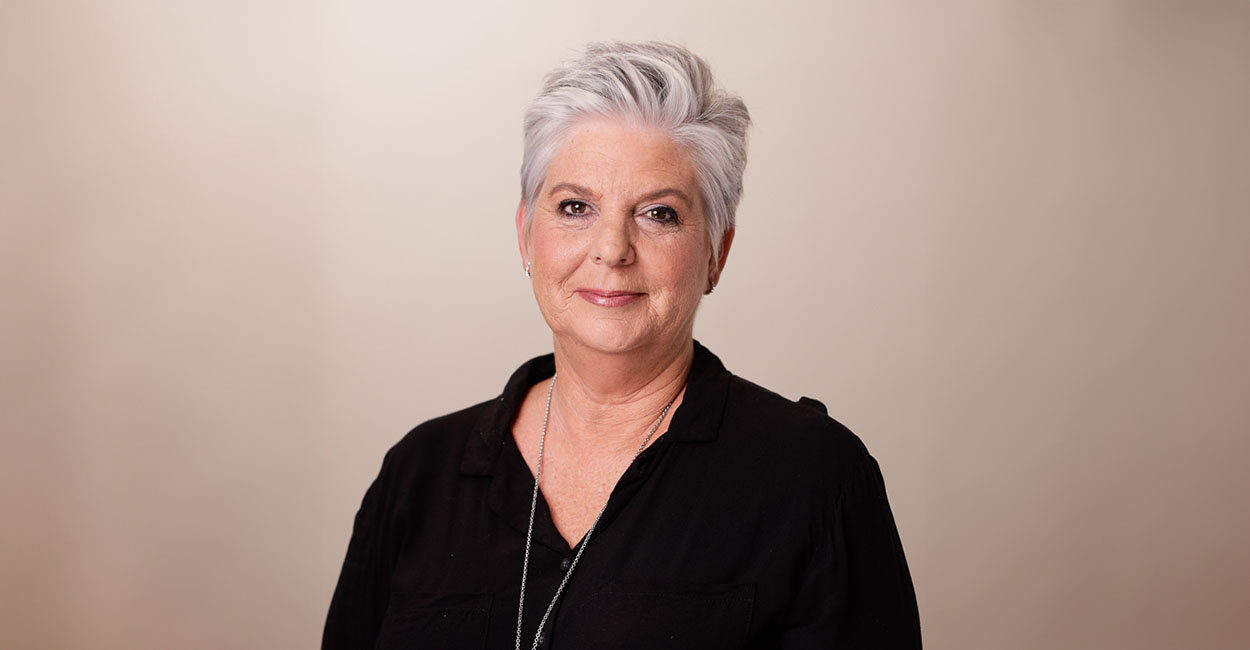MAIN IMAGE: Marina Constas, director of BBM Law
Senior writer
As a property agent, are you prepared to discuss a sectional title property listing a solar system with both the buyer and the seller? Do you understand the rules and conditions? Perhaps a buyer of a sectional title property might approach you to inquire whether a solar installation is even allowed within that complex.
Understanding solar installation allowances is beneficial, especially as load shedding continues to plague the country and more consumers begin to embrace green lifestyles. We spoke with Marina Constas, director of BBM Law, about the specifics of solar within sectional title schemes.
Role of Body Corporates
Up front, she says that sectional title schemes cannot deny any owner of a unit the installation of a solar installation, BUT an owner cannot make a decision about solar on their own when living in a sectional title property. Receiving written permission from the Body Corporate for an individual solar panel installation is legally required.
“This is because solar panels generally need to be installed on the roofs of units or carports, and these are common property in a sectional title development,” Constas explains. “This means that they are not part of any owner’s exclusive use area or section, according to the Sectional Titles Schemes Management Act. Common property is owned by the Body Corporate, which is all the owners in the scheme.”
The Body Corporate may have a solar policy in its rules. If they do not, every owner wanting to install solar must first get consent.
Constas recommends that, instead of providing permission to individual owners, the Trustees should create a solar policy for all owners, which will form part of the scheme’s conduct rules. “This would enable all owners to install solar panels for their units subject to conditions set out in the rules. Those conditions should describe where solar panels can and cannot be positioned and stipulate that they must be installed in a manner that doesn’t unreasonably interfere with the overall aesthetic of the scheme. Other conditions will concern the wiring, which must be installed professionally and hidden to the greatest extent. Batteries and inverters should also not be visible.”
The conditions should also state that maintenance would be for the owner’s account and that any damage caused to the roof, for example, is similarly the individual owner’s responsibility.
Applying for permission
In the current environment, it is not uncommon for buyers and renters to inquire about solar power, which could have an influence on their decision-making. South Africans are increasingly investing in solar to manage load shedding, and having solar power undoubtedly enhances a property’s value and appeal. As an agent, you can obtain a copy of the complex’s conduct rules from the seller to check if there is a solar policy immediately and refer to it to respond effectively to any enquiries.
However, it is useful to know the general procedure when there is no solar clause in the rules. Once again, Constas provides guidance.
“Basically, the owner of a unit must submit to the Trustees a proposal for the installation of solar panels. This proposal must include the service provider’s name, installation drawings showing the effects on common property, how many solar panels will be installed, and where they need to be mounted on the roof. The owner must also be prepared to present a valid certificate of compliance after installation and describe how and by whom the solar system will be maintained.
“The Trustees then prepare a notice to all scheme members, including all the aforementioned details. If no objection is received within 30 days of the notice, it will have been approved,” says Constas. “If an objection is raised, a special meeting of the Body Corporate will need to be held and a vote cast for a special resolution.”
Renters beware
Dominique dHotman is Head of ooba Solar, a platform that provides consumers with solar installation quotes for comparison and assists them in securing financing for their solar projects. He says that the solar system installation process has an additional layer of complexity for occupiers of sectional title scheme sections, more commonly known as renters or tenants.
“Many tenants don’t realise that if they install a backup power system like solar panels in their rented home, it will become the property of the landlord unless both parties sign a written agreement that the tenant will remove the installation once the lease agreement is terminated. The same applies to tenants of freehold homes.”
Stefan van Niekerk, director of Minitzers Attorneys, clarifies this further: “A lease addendum stating that the tenant is the owner of the solar installation will safeguard the tenant to use the electricity and the ownership of the installation. The tenant will also have to cover the cost of the certificate of compliance for the installation and all maintenance costs.”
Credibility of installers
If agents find any reason to be suspicious of a solar installation on a Sectional Property listing and the seller or landlord seems hesitant to present a certificate of compliance, they should contact the South African Photovoltaic Industry Association (SAPVIA) to confirm whether the installer is a registered member. This organisation hosts over 170 members and is responsible for maintaining a quality framework to ensure solar installations are carried out responsibly and sustainably.








